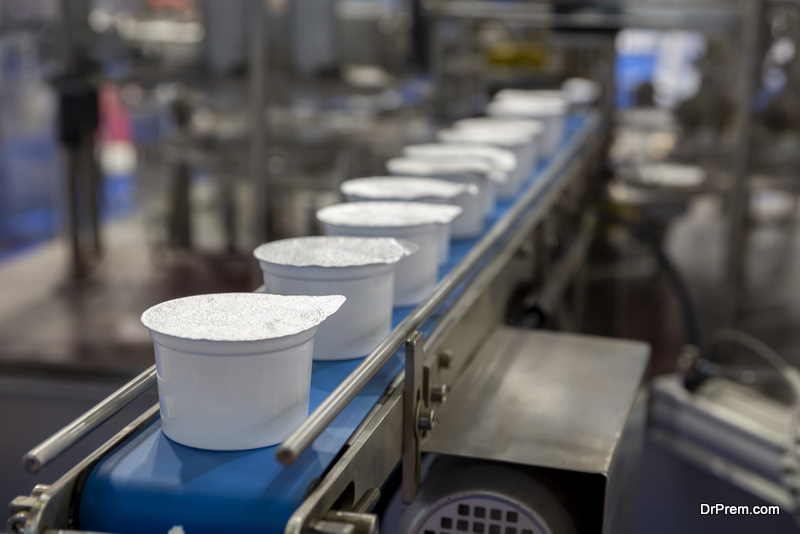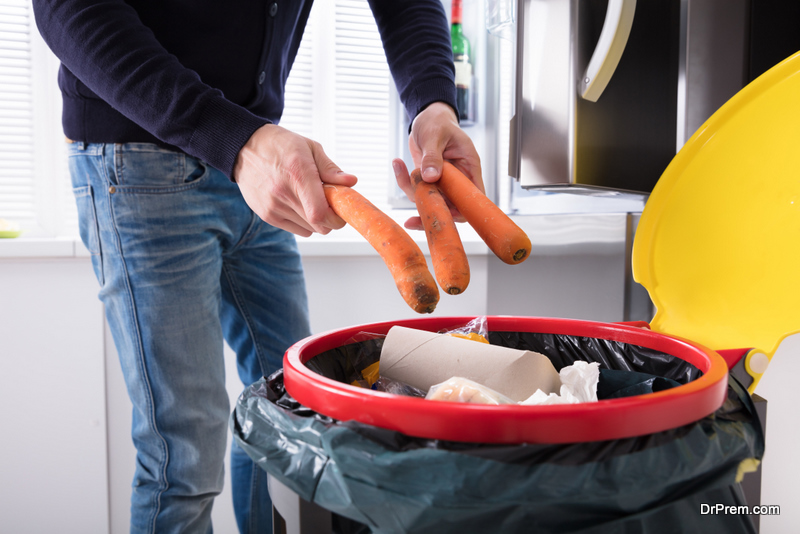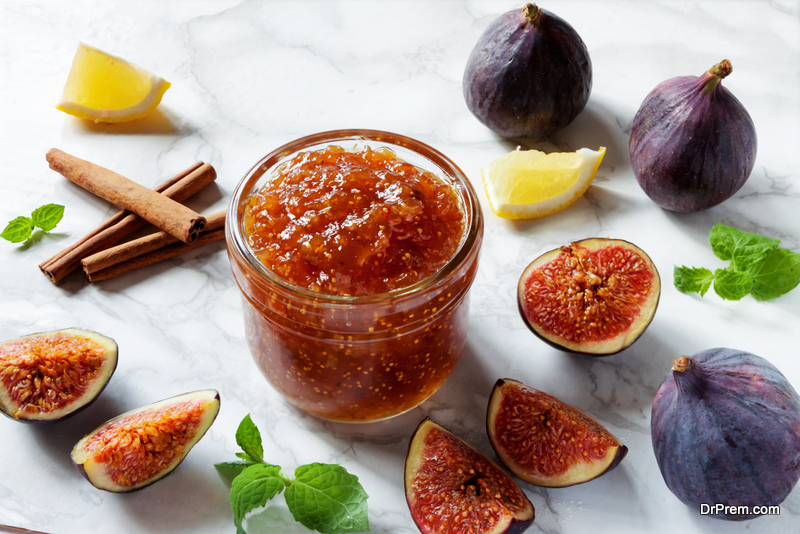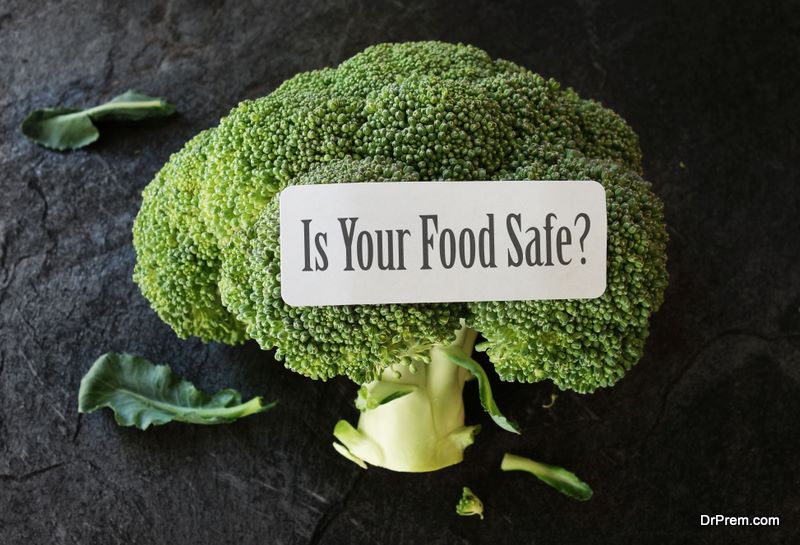Managing a food business can be extremely rewarding but also entails a great deal of responsibility. And one of the critical things as a responsible food business owner is ensuring that your operations are sustainable and safe.
But What Exactly Are Sustainable Food Safety Practices?
Sustainable food safety practices consider food production and consumption’s long-term environmental, social, and economic impacts. In other words, it’s not just about following regulations on food safety- it’s about doing what’s best for people and the planet.
Moreover, if you follow sustainable food safety practices, customers will likely perceive your business as more trustworthy and responsible.
So, what are the sustainable food safety practices that every food business should be aware of? Here are some examples below:
1.Use Sustainable Packaging

Sustainable packaging is made from materials that can be easily recycled or composted. This includes paperboard, glass, metal, and certain types of plastics. Sustainable packaging is also often made from renewable resources, such as bamboo or sugarcane. It is better for the environment and can send a strong message to customers that your business cares about sustainability.
However, sustainable packaging doesn’t stop with just packaging. It also includes packing the right and safe food in those containers. For example, metal detection in food packaging ensures that there are no sharp objects or other contaminants that could harm consumers and the environment. Therefore, ensure you use the right packages, and you also package the right food.
2.Choose Sustainable Ingredients
The ingredients you use in your products play a big role in determining your business’s sustainability. Sustainable ingredients are those that have been grown or produced in an environmentally-friendly way. This includes using organic farming practices, minimizing water usage, and reducing greenhouse gas emissions. Sustainable ingredients are not only better for the environment, but they can also be better for your customers’ health.
Moreover, using sustainable ingredients can send a strong message to customers that your business is committed to sustainability. This enables you to attract and retain loyal customers that are willing to pay more for products that align with their values.
3.Reduce Food Waste

Food waste is a huge problem, both in terms of its environmental and economic impacts. In the United States alone, an estimated 40% of food goes to waste yearly. That’s $165 billion worth of food! Not only does this wasted food end up in landfills, where it emits greenhouse gases, but it also represents a lost opportunity to feed people in need.
There are several ways to reduce food waste in your business. For example, you can donate unsold food to local food banks or compost it. You can also get creative with your menu, planning to use ingredients that would otherwise go to waste or creating shorter menus. Reducing food waste can make your business more sustainable and help solve a major global problem.
4.Use Sustainable Energy When Preparing Food
The energy you use to prepare food also impacts your business’s sustainability. Sustainable energy is generated from renewable sources, such as solar, wind, or hydropower. It’s also necessary to consider the embodied energy of ingredients – the amount of energy required to produce them. For example, locally-grown fruits and vegetables have a lower embodied energy than those imported halfway around the world.
Using sustainable energy and ingredients can reduce your business’s environmental impact and operating costs. You should avoid using energy sources such as coal, oil, and natural gas, which are non-renewable and have a negative environmental impact.
5.Preserve Extra Food For Later

If you have extra food that isn’t going to be used right away, you can preserve it for later. This includes things like freezing, pickling, and drying. Food preservation is an excellent way to reduce waste and save money. It also allows you to take advantage of seasonal produce all year round.
There are various ways to preserve food, so you’ll need to find the best method for your business. For example, if you have a restaurant, you might want to consider picking vegetables to use in salads and sandwiches. If you have a farm stand, you could preserve fruits and vegetables by canning them. No matter what method you choose, preserving food is a great way to make your business more sustainable.
Conclusion
Sustainable food safety practices are essential for any food business. You can make your business more environmentally friendly by using the right packaging, choosing sustainable ingredients, reducing food waste, and using sustainable energy. These practices can also save you money and help you attract and retain customers.
So, if you’re not already doing them, implement sustainable food safety practices in your business today!
Article Submitted By Community Writer


